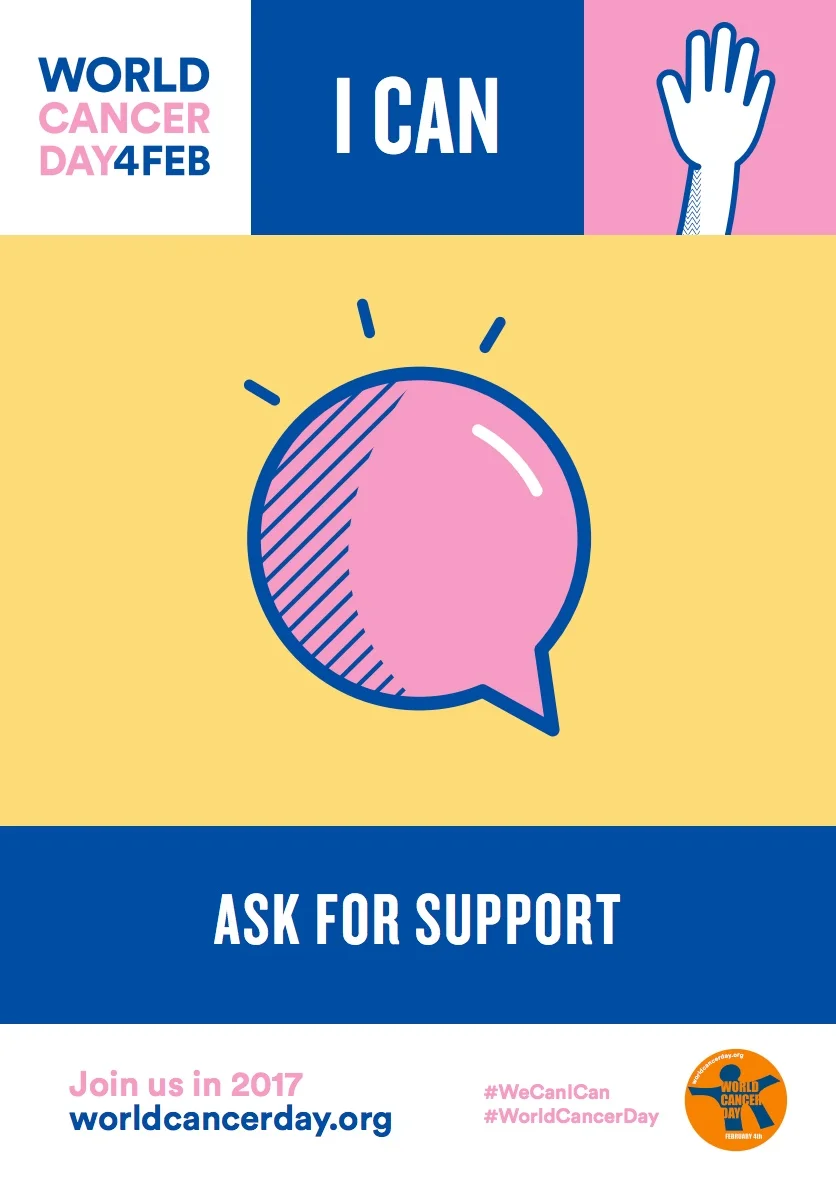The retroperitoneal lymph node dissection surgery (RPLND) is a really gruesome and highly invasive surgery for some testicular cancer patients. It can be used as a primary form of treatment for some Stage I and Stage II patients that have been diagnosed with nonseminomatous germ cell tumors (NSGCT), and can also be used as a secondary form of treatment for the post-chemotherapy management of residual masses. The surgery is horrifying to many newly diagnosed testicular cancer patients and caregivers when they first read about it. Many will gravitate towards chemotherapy thinking that it’s “easier”, but I’m here to tell you not to be afraid of the RPLND surgery. It might actually be the better option for some.
April is Testicular Cancer Awareness Month
April is testicular cancer awareness month, and as a 9 year survivor of this disease, I can tell you a few things about testicular cancer.The first is that contrary to what people might expect, testicular cancer is actually the #1 form of cancer in men ages 15-44 internationally, yet almost no one talks about the disease. It’s sad and frustrating that 20 years after the founding of a very famous organization in yellow by a now very infamous testicular cancer survivor, that we still have to struggle so hard for any sort of public awareness about this disease. Testicular cancer in young men is about as common as breast cancer is in young women, yet no one ever talks about testicular cancer! In the U.S. alone, someone is diagnosed with testicular cancer every hour, and someone dies of this disease every day.
Cancer Is Not Just Rogue Cells - And Not Just Inside the Patient
As I approach six years of cancer survivorship, never has it been more clear to me that cancer is not just a disease of our physical bodies, but a disease of our minds and souls as well. Thus, the argument that many make, is that cancer is not just a matter of eradicating the rogue cells from one's body, but of curing the entire patient.
Negotiating Surveillance and Long-Term Follow-up for Testicular Cancer
The National Comprehensive Cancer Network (NCCN) Guidelines for are the bible by which Testicular Cancer patients are treated and managed. The follow-up care recommendations within these guidelines only goes out to 5 years, and even within those 5 years, there's been some significant adjustments to the recommendations over time. It's entirely possible that if you were diagnosed with testicular cancer within the past few years, that you might be able to make some adjustments to your follow-up schedules in favor of fewer scans or appointments, but what do you do after that? It's up to you and can go on a case-by-case basis. Here are some answers.
Testosterone Challenges after Testicular Cancer
Every single testicular cancer survivor and their caregivers should be aware of the possibility of low or irregular testosterone levels after cancer, and that no, the other testicle might not necessarily ‘pick up the slack,’ as is commonly believed. It isn’t that simple. Every medical professional should also be aware of this possibility with testicular cancer survivors, especially if they’re symptomatic of hypogonadism.
Post-Cancer Fatigue and the Importance of Exercise
By far, the biggest physical challenge I've faced after cancer, is that of chronic fatigue. After months of being poisoned almost to death by harsh chemotherapy drugs, irradiated trying to nuke cancer cells out of existence, or having our bodies ripped apart and then sewn back together, our bodies are just plain tired.
The Truth About Testicular Cancer Markers, and Detection with Pregnancy Tests
It seems like every few months, a story pops up somewhere where somebody managed to detect their testicular cancer with a pregnancy test. Yes, it's true! Thiscan be done. In a strange coincidence of nature, the hormone called beta human chorionic gonadotropin, or HCG for short, which is emitted from the cells that form the placenta when a woman is pregnant and is what the pregnancy test looks for, can also be emitted by some types of testicular cancer. Since HCG should never be elevated in men except for in a few rare and very specific situations, a positive pregnancy test result in a man is almost a sure sign of testicular cancer!
Doctors Say, Keep Checking Your Nuts
In February 2015, Steven Petrow published an article in the Washington Post titled "Guys, here’s why it’s not worth testing yourself for a ‘lump’ down there", coming out against testicular self-exams (TSE) after having previously been supportive of them. What's surprising about the article is not just that such a view against testicular self-exams exists, but because Mr. Petrow himself is a twenty years and change survivor of advanced stage testicular cancer. I applaud and congratulate Mr. Petrow on reaching such a milestone. It's something that we cancer survivors take great pride in and stories like his are inspiring to so many of us, but I could not disagree more with his recommendation against TSE. Petrow thinks that it's "smarter" now to keep his hands to himself, but is it really?
The Value of Testicular Self-Exams and Early Detection from the Survivorship Perspective
Steve Pake's Top 10 Guide to Surviving a Young Adult Cancer
At the start of 2014, after suffering from a year of such terrible anxiety, depression, and post-traumatic stress, I finally had my life figured out again after cancer. I was in the midst of this moment of clarity where I had an intimate understanding of all that had gone wrong in my cancer survivorship and why, and all that had gone right as well. I couldn't afford to let this moment of clarity go to waste, because never again in my life did I want to suffer as I had throughout so much of 2013, hurting as I had been, yet not knowing what to do. After four months of writing, I finally released this essay into the world, and was happy to see it spread far and wide. If you only ever read one thing from me, let this be it.














